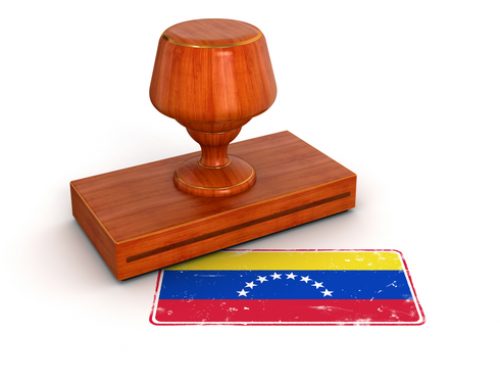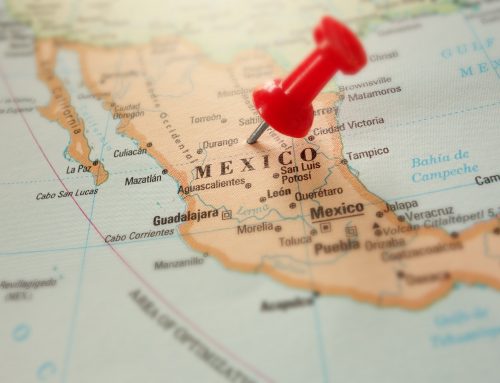The Trans-Pacific Partnership Agreement –TPP– is the most ambitious free trade agreement under negotiation at this moment, with 12 negotiating parties in the Asia-Pacific área including Australia, Brunei Darussalam, Canada, Chile, Japan, Malaysia, Mexico, New Zealand, Peru, Singapore, the United States and Vietnam. This includes 3 major Latin American economies (Chile, Mexico and Peru), all of them also parties to the Pacific Alliance negotiations, and 2 of the top three economies in the global economy (The US and Japan). Although the agreement includes provisions on many trade-related topics, it has become notable for the controversy surrounding its Intellectual Property provisions.
Trans-Pacific Partnership

The confidential draft of the agreement was leaked by the Wikileaks organization on November 13th 2013, and has lighted up the discussion regarding Trademarks, Patents, Copyrights and Geographical Indications provisions of the. Although most of the controversy has focused on Patents, the section on Trademarks has also stirred both praise and criticism from IP experts. Although the final text of the agreement is yet to be seen, the outlines of the final provisions on Trademark Law are already visible:
Non-traditional Trademarks
The very first provision of the agreement’s section on trademarks is the prohibition of requiring “visual perceptibility” for the registration of trademarks. This would make visual and sound trademarks available for registration in all member countries, such as the roar of the MGM lion or the “I’m loving it” jingle of the McDonald’s corporation.
Collective and Certification Marks
The agreement states that collective and certification marks shall be protected under every country’s trademark law.
Use of Identical or Similar Signs
The agreement provides that the owner of a registered trademark shall have the exclusive right to prevent third parties not having the owner’s consent from using in the course of trade identical o similar signs, for goods or services that are related to those good or services in respect of which the owner’s trademark is registered.
Well-known Trademarks
The recognition of a trademark as a “Well-known trademark” can no longer require that trademark to have been previously registered.
Opposition and Cancellation
All member countries shall provide an opportunity to oppose the registration of a trademark or to seek cancellation. According to this draft, the agreement will not make it mandatory to have an opposition procedure (which Mexico lacks) as long as cancellations are allowed.
Examination. Refusal of registration of a trademark must be provided in writing which may be done by electronic means.
Electronic Trademarks System
All member countries must provide a system for the electronic application and maintenance of trademarks and have a publicly available electronic information system. This is a requirement that has been already met by the three Latin American negotiating parties of the TPP. Mexico’s online platform is specially notable for its flexibility and the openness of its databases, which are shared with all major international databases.
Non-Mandatory License Recordal
The recordal of licenses may not be required to establish the validity of the license, as a condition for use of a trademark by a licensee, or as a condition for the right of a licensee to join infringement proceedings initiated by the holder.
Madrid Protocol
All members of the TPP will have to ratify and implement the Madrid Protocol. This would mean that Chile and Peru would have to modify their legislation to include the possibility of Madrid Protocol trademark registrations.
The International Trademark Association –INTA– one of the most influential institutions on Trademark Law Practice in the world, has been actively advocating for the negotiating parties of the TPP to conform by their Model Free Trade Agreement, which is meant to be a guide to what would be desirable trademark provisions in free trade agreements. Furthermore, INTA has already started training of PTO officials in Mexico as part of partnership programs focused of non-traditional marks and the Madrid Protocol, in order to prepare government officials for the changes to come




